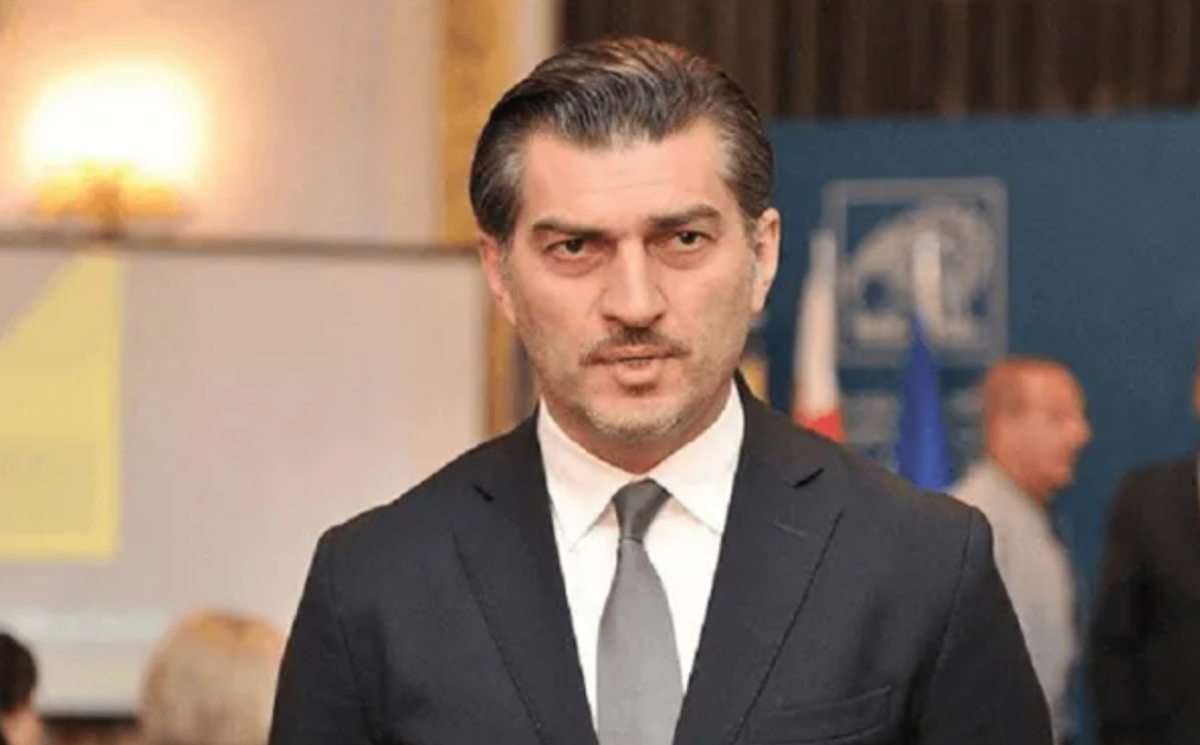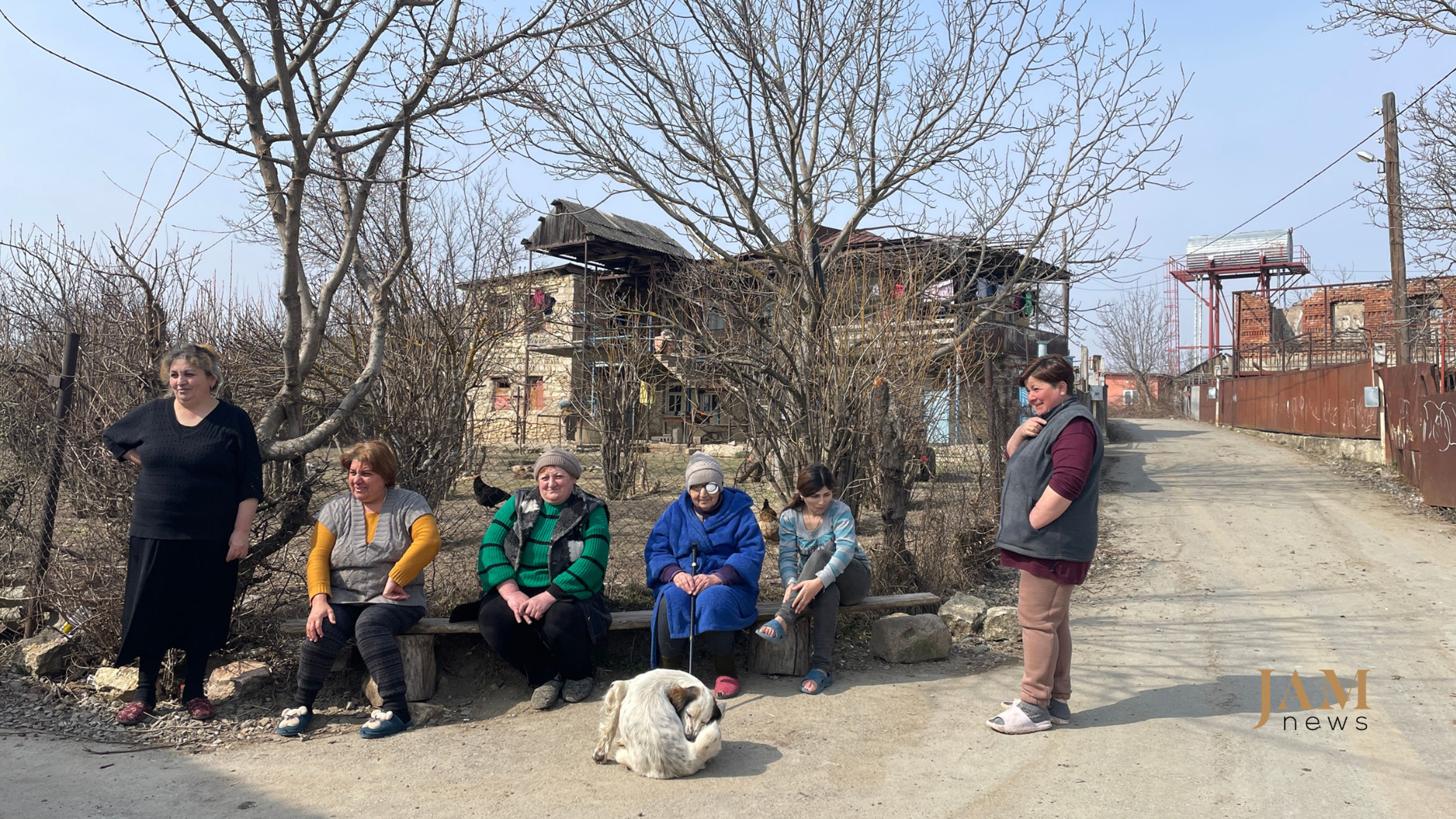"Almost one of us": How Ossetians feel about the possibility of Mikhail Kavelashvili becoming Georgia's new president
Ossetian social media users have reacted strongly to the news that former Spartak-Alania football club striker Mikhail Kavelashvili may become the new president of Georgia.
Spartak-Alania is a North Ossetian (Vladikavkaz-ian) club, where Kavelashvili played as a forward, appearing in 24 matches and scoring 12 goals in 1995 (after the outbreak of the Georgian-Ossetian conflict). In 2004, Kavelashvili returned to Alania for another six-month stint. As a result, many Ossetians consider him, in some sense, “one of their own.”
On November 27, Bidzina Ivanishvili, the founder and honorary leader of the Georgian Dream party, announced that Mikhail Kavelashvili would run for president of Georgia as the party’s candidate.
The news was met with little enthusiasm in Georgia—both the opposition and civil society are currently eager to see the end of Georgian Dream’s rule and favor the incumbent president, Salome Zourabichvili.
The announcement of Kavelashvili’s candidacy quickly spread across Ossetian Telegram channels, sparking discussions on how this might theoretically impact the resolution of the Georgian-Ossetian conflict.
One of the largest Telegram channels in North Ossetia dedicated a photo digest to Kavelashvili, detailing his career with Alania.

The comments on this post were divided.
Some believed that Ossetians should “cheer” for Kavelashvili:
“Ossetia votes for Kavelashvili!”
“He played for our Alania.”
“If he played for Alania, he probably understands and respects the Ossetian people.”
Others, on the contrary, saw no reason for optimism:
“It’s no surprise that such young people, especially football players, are allowed into power in Georgia. They’re not very educated and lack experience, making them easy to control. Either way, they have a strategy.”
Actually, Mikhail Kavelashvili is not particularly young for a president—he is 53 years old. However, he does indeed lack higher education, a fact that his critics in Georgia have pointed out with some sarcasm.
- Leaders of the Georgian opposition on resolving the Abkhaz and South Ossetian conflicts. Video
- How “Georgian Dream” is leveraging territorial integrity in its election campaign
As for Ossetian politicians, their attitude toward Kavelashvili’s potential presidency is much more pragmatic. They fully consider the possibility that the Georgian authorities may try to use the former footballer as “soft power.”
One South Ossetian deputy, who wished to remain anonymous, believes that while “Georgian Dream” did not nominate Kavelashvili with the expectation of his “mediation” in negotiations with the Ossetians, the fact that he is well-known and remembered in North Ossetia should not be overlooked:
“In Vladikavkaz and Tskhinvali, he has quite a few connections with former Alania players who are now in the public sphere. It’s possible that the Georgian footballer may try to establish some kind of humanitarian contacts.”
However, according to the deputy, no matter how good Kavelashvili’s relationships are with his former teammates, this will not significantly impact Georgian-Ossetian relations as a whole:
“This is a different generation. Today’s youth doesn’t know or remember the roster of the former Alania team as well. The influence will be minimal, but I think they (the Georgians) will try to use it.”
Meanwhile, Mikhail Kavelashvili has claimed that the Georgian opposition is allegedly “preparing serious provocations against South Ossetia and Abkhazia.”
The presidential elections in Georgia will take place on December 14, and will be the first in the country’s history in which the president will not be elected by the people, but by a special electoral body consisting of 300 members.
The terms, toponyms, opinions, and ideas in this publication do not necessarily reflect the views and ideas of JAMnews or its individual employees. JAMnews reserves the right to delete any comments on publications that are deemed offensive, threatening, incite violence, or ethically unacceptable for other reasons.




















